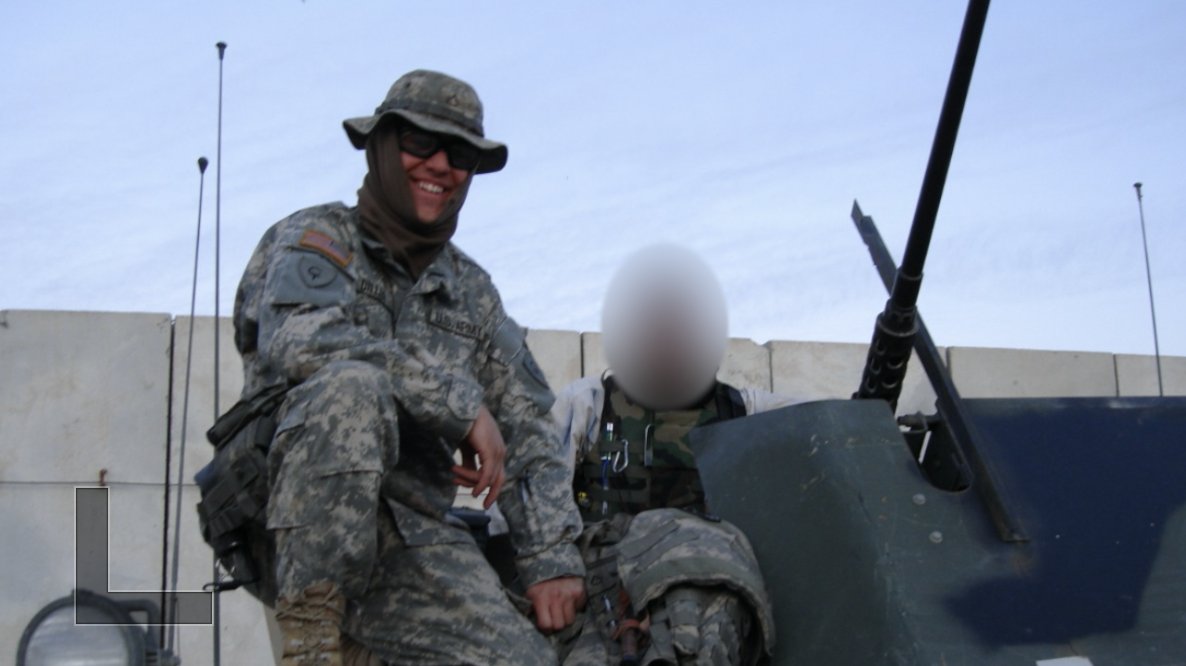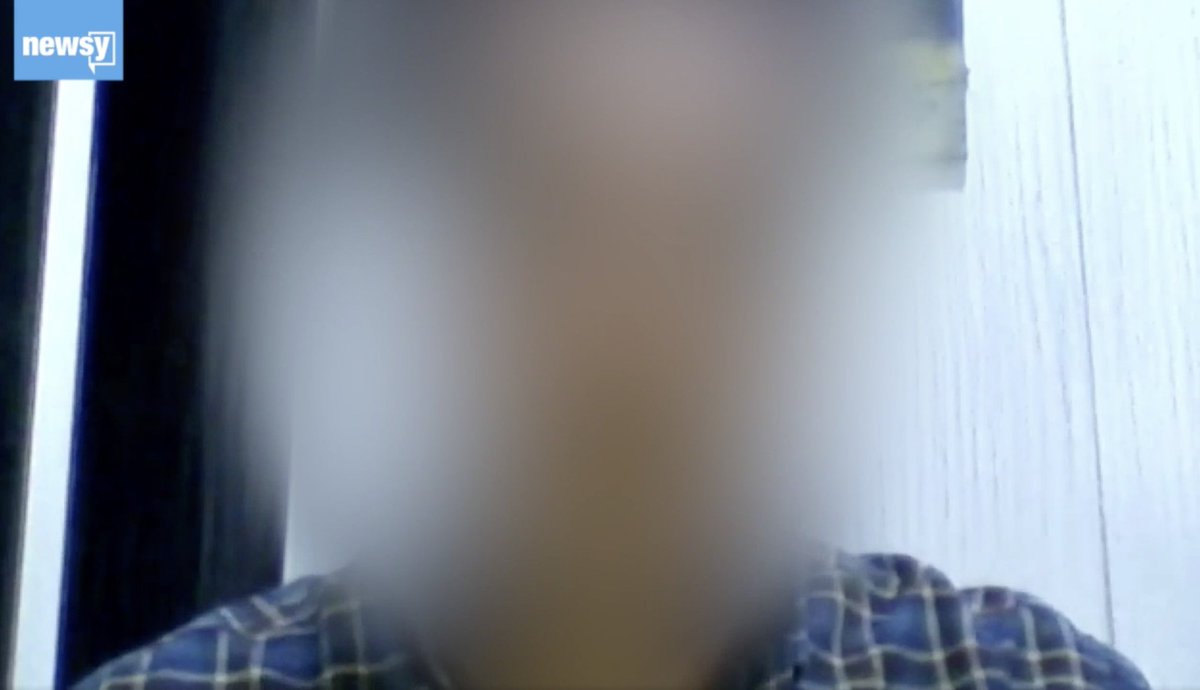Wolf — his nickname when serving with the U.S. military in the early 2000s — became an interpreter because, he says, it was just "the right thing to do."
But local militia (many of whom were his neighbors growing up in Iraq) saw it differently. To them, he was a traitor.
But local militia (many of whom were his neighbors growing up in Iraq) saw it differently. To them, he was a traitor.
To this day, he takes different routes to work, moves his family periodically and makes sure both he and his wife are armed.
He& #39;s afraid that, any day now, someone will find out he worked for the U.S. — and target him. It& #39;s the reason his face was blurred for our interview.
He& #39;s afraid that, any day now, someone will find out he worked for the U.S. — and target him. It& #39;s the reason his face was blurred for our interview.
But the U.S. made a promise to people like Wolf: a path to safety and a U.S. visa through a special program set up to prioritize interpreters.
Today, thousands are *still* waiting.
And only a few dozen Iraqi interpreters were approved this year — 123 to be exact.
Today, thousands are *still* waiting.
And only a few dozen Iraqi interpreters were approved this year — 123 to be exact.
I& #39;m so grateful to Wolf for trusting & talking with me. Even as he actively fears for his life, he& #39;s still hopeful things will change for him soon.
Story here: https://www.newsy.com/stories/iraqi-allies-wait-for-u-s-help-as-refugee-admissions-drop/">https://www.newsy.com/stories/i...
Story here: https://www.newsy.com/stories/iraqi-allies-wait-for-u-s-help-as-refugee-admissions-drop/">https://www.newsy.com/stories/i...

 Read on Twitter
Read on Twitter



